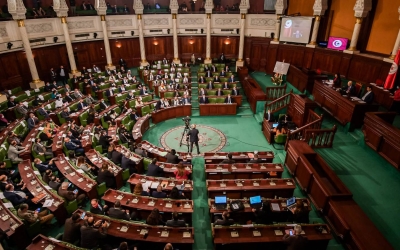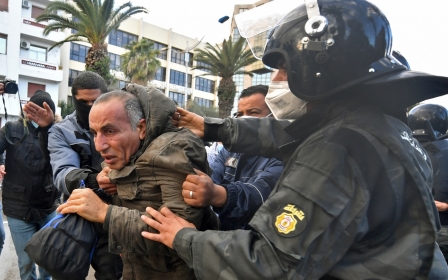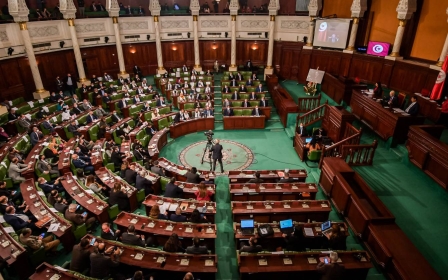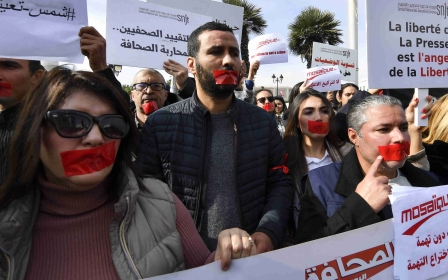Tunisia: European Parliament condemns country's 'authoritarian drift'
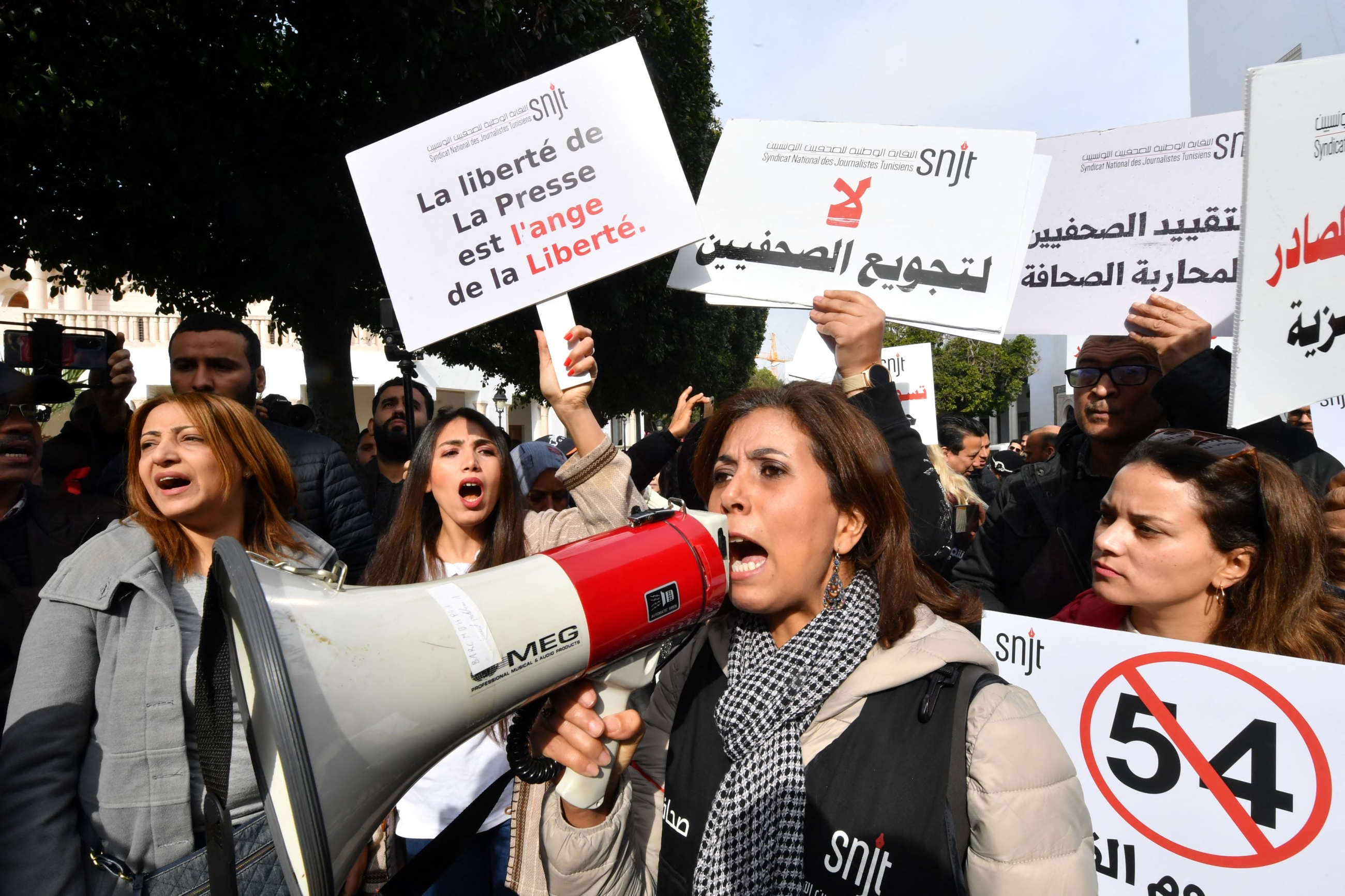
The European Parliament has condemned the "authoritarian drift" of Tunisia under President Kais Saied, calling for the release of jailed journalists, activists, and politicians.
In a resolution adopted on Thursday, the parliament said it was "deeply concerned by the authoritarian drift of President Saied and by his instrumentalisation of the disastrous socio-economic situation in Tunisia to reverse the country's historic democratic transition".
MEPs called for an "end to the ongoing repression against civil society" and the release of journalist Noureddine Boutar and "the other persons arbitrarily detained".
Tunisia has been engulfed in political and economic crises since July 2021, when Saied unilaterally suspended parliament and dissolved the government, in what many have called a "constitutional coup" that reversed many of Tunisia’s democratic gains since the 2011 Arab Spring.
In its latest report released this week, CIVICUS Monitor, which analyses civil society and civic freedoms across 197 countries, downgraded Tunisia's rating from "obstructed" to “repressed".
Following his power grab, Saied subsequently ruled by decree, before pushing through a new constitution that enshrined his one-man rule.
He has since pursued a crackdown on opponents. In February 2023, police raided the home of Noureddine Bhiri, a senior official in the largest opposition party Ennahdha, and arrested him.
Activists, lawyers, and journalists have also been targeted.
Saied also courted new controversy with a speech last month that was widely denounced as racist, when he claimed a "criminal plan" was in place to change the demographic structure of Tunisia by settling immigrants from sub-Saharan Africa in the country.
Subsequently, the World Bank suspended its work with Tunisia after African migrants in the country came under attack.
The US weighed in as well, saying it was "deeply concerned" by Saied’s comments.
Saied has also become more bellicose with western officials. Last month, he ordered the expulsion of Esther Lynch, Europe's top trade union official, over a speech his office called "blatant interference" in the country's internal affairs.
Middle East Eye propose une couverture et une analyse indépendantes et incomparables du Moyen-Orient, de l’Afrique du Nord et d’autres régions du monde. Pour en savoir plus sur la reprise de ce contenu et les frais qui s’appliquent, veuillez remplir ce formulaire [en anglais]. Pour en savoir plus sur MEE, cliquez ici [en anglais].


